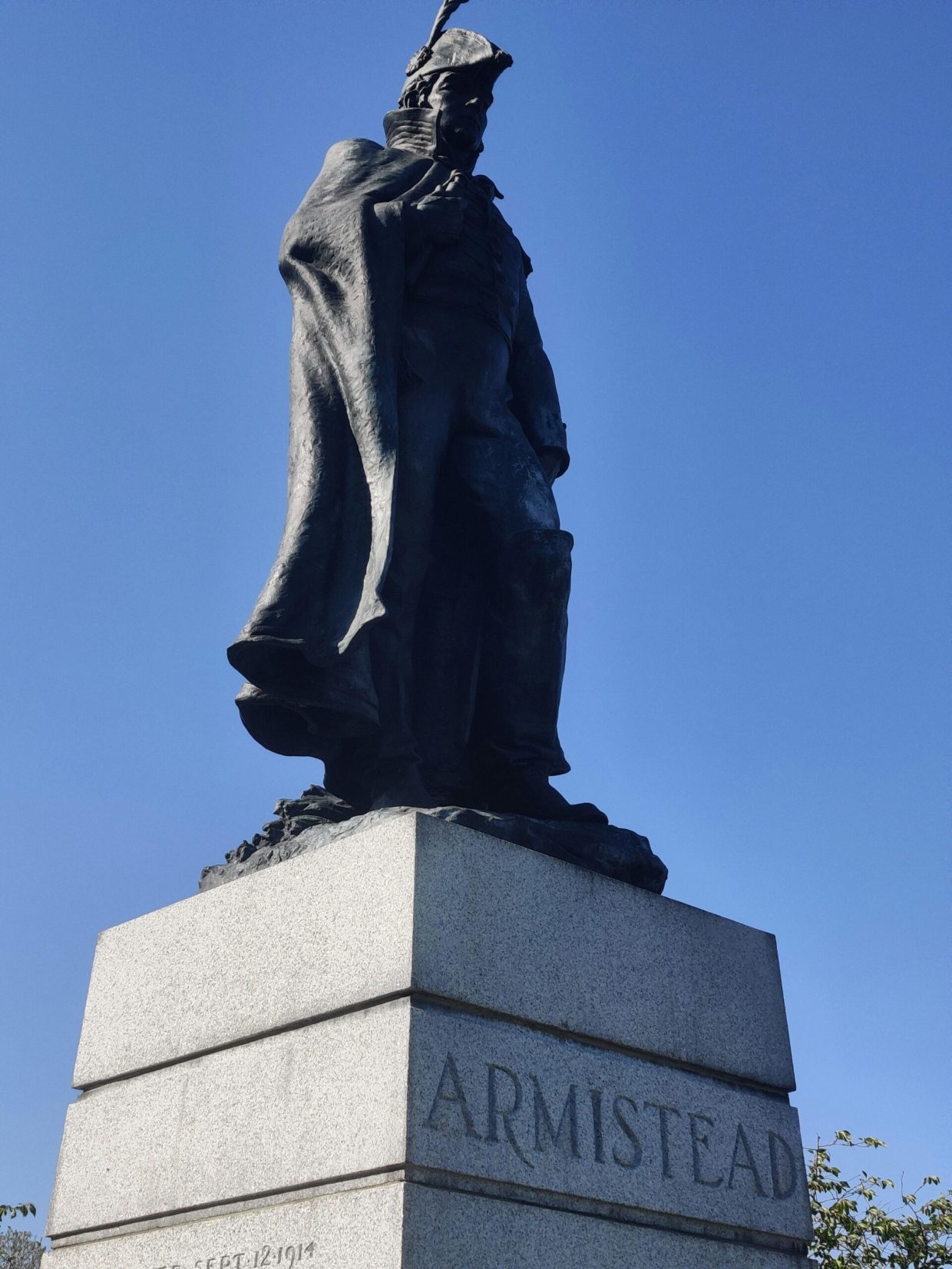Often overshadowed by the more widely known conflicts that bookend it, the War of 1812 remains a quietly pivotal chapter in the tapestry of history. Fought between the young United States and the formidable British Empire, this war shaped the destinies of nations, forged a sense of American identity, and set the stage for future relations across the Atlantic. Though it may not command the same attention as other wars, understanding the War of 1812 reveals much about the challenges and triumphs of a nation striving to define itself amid global unrest. Join us as we revisit this fascinating yet often overlooked conflict, uncovering its lasting significance and the stories that helped shape a continent.
Table of Contents
- The Origins and Causes Behind the War of 1812
- Key Battles and Strategic Turning Points Explained
- The Impact on American and British Identities
- Why Remembering the War of 1812 Matters Today
- To Conclude
The Origins and Causes Behind the War of 1812
In the early 19th century, a volatile mix of maritime conflicts, territorial ambitions, and national pride brewed between the United States and Great Britain. The young American nation, eager to assert its sovereignty and grow economically, found itself repeatedly challenged by British naval practices, including the infamous impressment of American sailors. This aggressive recruitment strategy saw thousands of U.S. citizens forcibly enlisted into the Royal Navy, a direct affront to American independence and international law. Additionally, Britain’s interference with American trade through restrictive orders during the Napoleonic Wars crippled the U.S. economy and inflamed public sentiment against British policies.
Beyond maritime issues, the frontier regions of North America were hotbeds of tension. Native American resistance, often supported implicitly or overtly by the British, frustrated American expansionist desires and fueled settler agitation. Key factors driving the conflict included:
- British support for Native Americans resisting U.S. territorial encroachment in the Old Northwest.
- American aspirations to annex British-held territories in Canada.
- National honor and a desire to prove the young nation’s strength on the world stage.
Key Battles and Strategic Turning Points Explained
Throughout the War of 1812, a series of crucial engagements dramatically shaped the conflict’s course and defined its legacy. Among these, the Battle of New Orleans stands out not only as a stunning military victory but as a testament to American resilience and strategic ingenuity. Despite occurring after the Treaty of Ghent was signed, the battle galvanized national pride and exhibited the tactical brilliance of General Andrew Jackson. Equally significant was the Battle of Lake Erie, where Commodore Oliver Hazard Perry’s daring naval victory secured vital control over the Great Lakes, disrupting British supply lines and paving the way for U.S. offensives into Canada. These confrontations underscored the dynamic interplay between land and naval forces, crucial for controlling border regions and waterways.
The war’s ebb and flow were further defined by a handful of other pivotal moments. The burning of Washington in 1814 by British troops was a bold move aimed at demoralizing the young nation but ultimately strengthened American resolve. Meanwhile, the successful defense at Fort McHenry inspired the creation of the U.S. national anthem, symbolizing a nation’s steadfast spirit in the face of adversity. Key turning points also involved strategic blockades and raids that, while less dramatic, deeply influenced the war’s logistics and morale. These events collectively illustrate how tactical decisions, terrain advantage, and timing were critical in steering the war toward its unexpected, yet defining, outcomes.
- Battle of New Orleans – Surge in American national identity
- Battle of Lake Erie – Naval supremacy and territorial control
- Burning of Washington – Symbolic resilience amid adversity
- Defense of Fort McHenry – Birth of a patriotic anthem
The Impact on American and British Identities
The War of 1812 played a crucial role in shaping both American and British national identities, fostering a newfound sense of pride and resilience. For Americans, the conflict was a defining moment that bolstered their confidence as an independent nation. Despite facing a superior British military force, the United States demonstrated tenacity and resourcefulness, which ignited a spirit of unity and nationalism. The successful defense of key battles, such as the Battle of New Orleans, became emblematic of American courage and determination, embedding itself in the collective memory as a symbol of freedom and sovereignty.
Meanwhile, for the British, the war reinforced their approach to empire and military strategy in North America. While often overshadowed by the Napoleonic Wars, the conflict highlighted the importance of maintaining colonial interests and protecting Canadian territories. This struggle helped solidify a distinct Canadian identity, separate from the United States, and deepened ties to the British Crown. Key elements tied to national pride emerged from this period, including:
- Recognition of cultural and political distinctions that would later inform Canadian confederation.
- Strengthened military cooperation between British regulars and colonial militias.
- Legacy of resilient national character lasting well into the 19th century for both nations.
Why Remembering the War of 1812 Matters Today
The echoes of the War of 1812 resonate far beyond the battlefield, shaping the identity and fate of nations still today. This conflict was not merely a series of skirmishes but a powerful force that catalyzed national pride and sovereignty for both the United States and Canada. It forged key elements of diplomacy, military strategy, and cultural resilience that continue to inform how these countries engage with each other and the world. By understanding the complexities of this war, we better appreciate the layered narrative of North American history and the sacrifices made by those who fought to defend their homes.
Remembering this war holds profound value because it:
- Highlights the emergence of national symbols, such as the Star-Spangled Banner, which encapsulate the spirit of perseverance and unity.
- Demonstrates the early cooperation and conflict that shaped today’s international borders and relationships.
- Offers critical lessons on the consequences of war, sovereignty, and diplomacy that remain relevant in modern geopolitics.
- Encourages a balanced reflection on the diverse perspectives of Indigenous peoples, British loyalists, Americans, and Canadians involved in the war.
To Conclude
As we close the pages on the War of 1812, it becomes clear that this conflict, often overshadowed by larger wars, holds a unique and vital place in history. Its battles, alliances, and consequences helped shape the young nations of North America in profound ways. Though sometimes forgotten, this war’s legacy endures in the stories of resilience, national identity, and the complex dance of diplomacy. Remembering the War of 1812 allows us to appreciate the intricate tapestry of our past and the foundations upon which modern North America was built. May this reflection inspire a renewed curiosity about the chapters of history that quietly yet powerfully define who we are.













